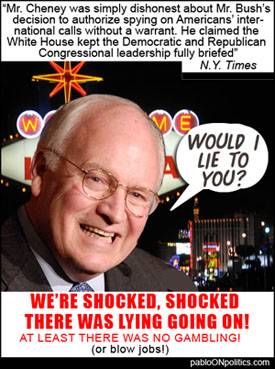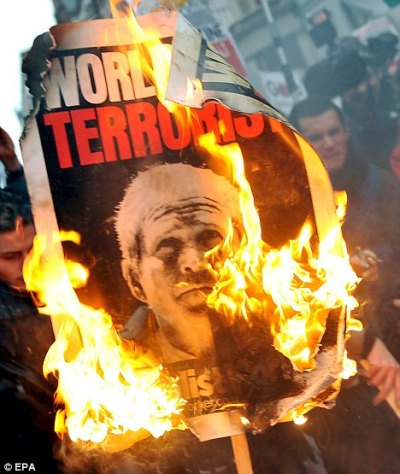
Rice told to abstain in last-minute phone call from the White House
Condoleezza Rice, the US Secretary of State, was forced to step back from voting in favour of the Gaza ceasefire resolution at the UN Security Council after orders from Washington, diplomatic sources said yesterday.
The US abstention on the resolution vote early yesterday, which clearly weakened its impact, was the final twist in a tumultuous three-day marathon of negotiations in New York.
For the UN to do nothing in the face of the mounting civilian casualties was becoming increasingly untenable. But when three of the world's top diplomats – Ms Rice, David Miliband, the Foreign Secretary, and his French counterpart, Bernard Kouchner – descended on New York on Tuesday to take action there was plenty of reason to believe that their efforts would end in tears.
Most alarming was the prospect of a vote on a ceasefire text tabled by Libya. The US was threatening to veto it; nor indeed was America ready at that point to support any formal resolution in deference to Israel. But by Thursday morning, the US had had a surprising change of heart. It could back a resolution, if the British drafted one. Which Mr Miliband and his diplomatic crew duly did.
It fell to Mr Miliband, above all, to bring everyone on side before the council could hold a vote sometime Thursday evening. He, M. Kouchner and Ms Rice spent all day shuttling with knitted brows in and out of a conference room in the basement of the UN building where Arab foreign ministers were huddled. By dusk, it seemed at last that everyone was on board. Mr Miliband was smiling.
"Nothing is in the bag at the UN until everything is in the bag," one senior British official was heard remarking. Indeed. Once more the deal threatened to unravel as Americans muttered about new amendments and the French asked to delay the vote to give Israel time to consider its position. The Arabs almost rebelled. "It was hairy there for a moment," one source admitted.
When finally every last hurdle was cleared and the members of the Security Council were headed to their chamber for the vote, there was a mood of celebration in the building. Ministers from Arab nations especially were slapping backs. It was only in the last minutes before the vote was due that word began suddenly to circulate. America was not going to vote in favour after all.
http://www.independent.co.uk/news/world/americas/bush-ordered-ceasefire-retreat-at-un-1297580.html


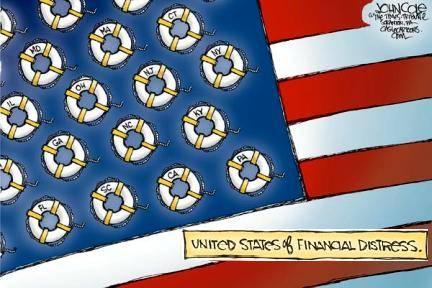

 Congressional Democrats are firing a surprising number of unexpectedly sharp brushback pitches at President-elect Barack Obama and his staff over policy plans and personnel picks, making him look embattled during what was to be a triumphant debut week in Washington.
Congressional Democrats are firing a surprising number of unexpectedly sharp brushback pitches at President-elect Barack Obama and his staff over policy plans and personnel picks, making him look embattled during what was to be a triumphant debut week in Washington. 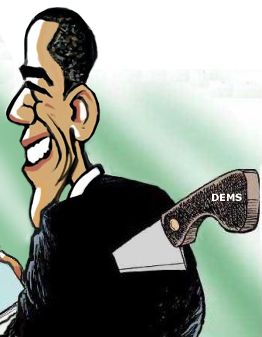 The hard sell that Barack Obama put on last week went beyond the normal political smooth-talking that presidents (or presidents-elect) sometimes use to promote their legislative agenda and crossed over into something a bit more urgent.
The hard sell that Barack Obama put on last week went beyond the normal political smooth-talking that presidents (or presidents-elect) sometimes use to promote their legislative agenda and crossed over into something a bit more urgent.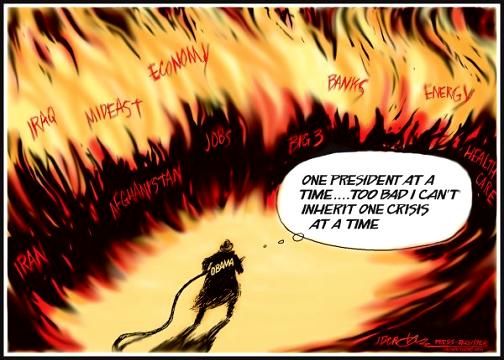







 Dick Cheney
Dick Cheney